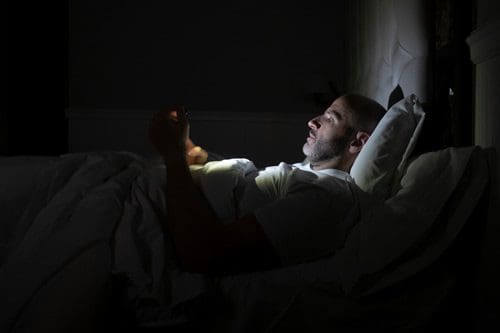
Common Substitute Addictions
For those in recovery from drugs or alcohol, finding an outlet to help cope with their emotional struggles can be beneficial and reduce feelings of anxiety, depression, boredom, and stress. When the activity turns into a compulsion and the person is unable to stop or control that behavior or activity, it can lead into an addiction. Some common substitute addictions are:
- Food addiction. An addiction to food can cause weight gain and poor health. It occurs when a person consumes an abundance of high-fat or sugary foods to provide emotional comfort. A person can become physically ill from overindulging and experience health-related issues. A food addiction can lead to a binge-eating disorder.
- Work addiction. When work takes priority over a person’s physical or mental health, it can turn into an addiction. Working long hours, always thinking about work, losing sleep over work, and having intense fear or anxiety over work are signs of a work addiction.
- Exercise addiction. Staying fit can be an important part of staying sober. When exercise becomes excessive and the person sets unrealistic goals, it can lead to an addiction. Exercise addiction can result in serious injuries if the person exercises too hard or when injured, and it can also lead to an eating disorder.
- Gambling addiction. Compulsive gambling is a disorder that creates an urge to keep gambling despite the consequences. It can lead to a serious addiction much like drugs and alcohol due to the effect it has on the brain. As an addiction, gambling can destroy a person’s life. It can break down relationships, deplete savings, and lead to crime in order to support the addiction.
- Shopping addiction. Compulsively having to buy new things such as clothes, shoes, home decor items, or items that are not within one’s budget are signs of a shopping addiction. A shopping addiction can cause financial problems and cause a person to go into debt.
- Sex addiction. When a person seeks out sexual encounters that are risky or dangerous, they may have a sex addiction. Those with a sex addiction may cheat on their significant other, engage in unprotected sex, have an obsession with pornography, or even pay for sex. A compulsion with sex can jeopardize your health, harm your relationships, affect your job, and damage your self-esteem.
- Video game addiction. Entering into a world of gaming can give a person an escape from reality similar to drugs or alcohol. Video games can take priority over friends or family, and the gamer may neglect their hygiene or daily responsibilities, including their job. In addition to an addiction to video games, a person can also become addicted to social media or the internet.
Signs of a Substitute Addiction
The beginning signs of a substitute addiction can be subtle, and you may at first see it as a new passion or interest in a certain activity. So how can you tell when your interest in an activity has crossed the line? Some signs of a substitute addition are:
- Feeling embarrassed of your actions
- Having guilt or remorse after doing the behavior or activity
- Lying to friends or family about your behavior
- Neglecting responsibilities such as work, school, or family to engage in the activity
- Not being able to stop the behavior
- Getting angry or anxious if you are not able to do the activity
Being addicted to video games or exercise may not seem like a problem, but such addictions can severely impact a person’s life and cause issues with their relationships, job, or finances. A substitute addiction can have similar consequences as abusing drugs or alcohol.
Help Is Available
Recognizing that there is a problem with a substitute addiction is the first step to getting help. A professional can help you identify triggers and set up a plan to avoid substitute addictions from happening during recovery.
If you or a loved one are looking for support, Twin Lakes Recovery Center is here to help. We offer a range of programs and services to meet your specific needs and can create a custom treatment plan that can reduce your risk of developing a substitute addiction. To find out more about Twin Lakes Recovery Center’s programs and services, contact one of our addiction specialists today. We can set up a confidential consultation and are available 24/7.




